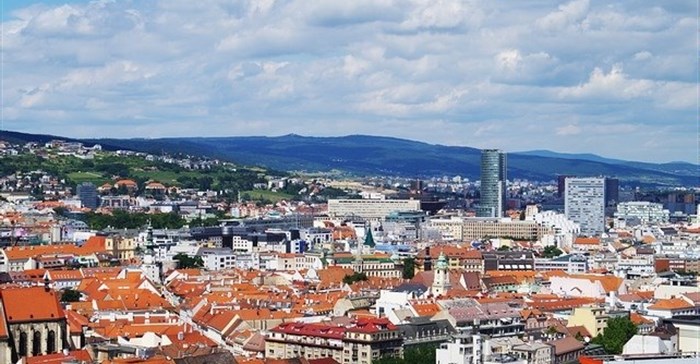According to the 2017 European Hotel Valuation Index (HVI), hotels in Eastern Europe are benefitting from tough times in Western Europe with room values in the region seeing an impressive 11% average growth. Bratislava topped the list of value rises, up 18.9% year-on-year, hotel room values in Sofia rose 16%, Bucharest saw hotel room values increase by 14.6%, while those in Budapest and Prague were up 9.9% - this in a year that saw little change in values across the rest of Europe.
While many Eastern European markets saw their hotel room values rise from a relatively low base, their new affordability has helped build a strong demand base as holidays in the Eurozone become more expensive, particularly for British citizens. "Many Eastern European markets are benefitting from the misfortune of Western Europ," commented report co-author Nicole Perreten, senior associate, HVS.
Dublin was one region in Western Europe that built on a successful 2015, appearing again in the top five. Hotel values in the city saw a 15.5% rise in 2016 on the back of double-digit RevPAR growth due to limited supply. This enabled hotels in Dublin to grow occupancy levels as well as average rates.
Hotels in Barcelona also experienced a record 2016. On the back of strong rate growth, values per room rose 13.8%. Stricter regulation on new hotel development will further strengthen performance in Barcelona, bolstered by a strong conference programme this year and next.
The strengthening rouble and a slow recovery in oil prices have seen Moscow's hotel values per room rise 16.7% in local currency as its economy comes out of recession. Moscow has a strong hotel pipeline with over 6,000 rooms coming on-stream over the next 18 months.
In London, hotels showed a softening of values in local currency following a slow start to 2016 and performance growth only in November in December 2016. The anticipated boom in visitation prompted by a fall in sterling failed to materialise immediately and an influx of new supply limited occupancy growth.
Edinburgh, however, saw sterling values rise 5.3% on the back of impressive occupancy levels of over 80% in 2016, while Birmingham saw sterling values rise 5.1% benefitting from increased leisure tourism.
"Regardless of political emotions coming our way, values in Europe still have some room for growth, as markets such as of the PIGS countries continue to climb the value ladder to their rightful positions," added Sophie Perret, director, HVS. "A subdued pipeline, coupled with decent demand growth, and room for growth value-wise if compared to 10 years ago, all bode well for Europe in 2017, although with moderation."
A copy of the 2017 European Hotel Valuation Index by Nicole Perreten and Sophie Perret is available here.





































